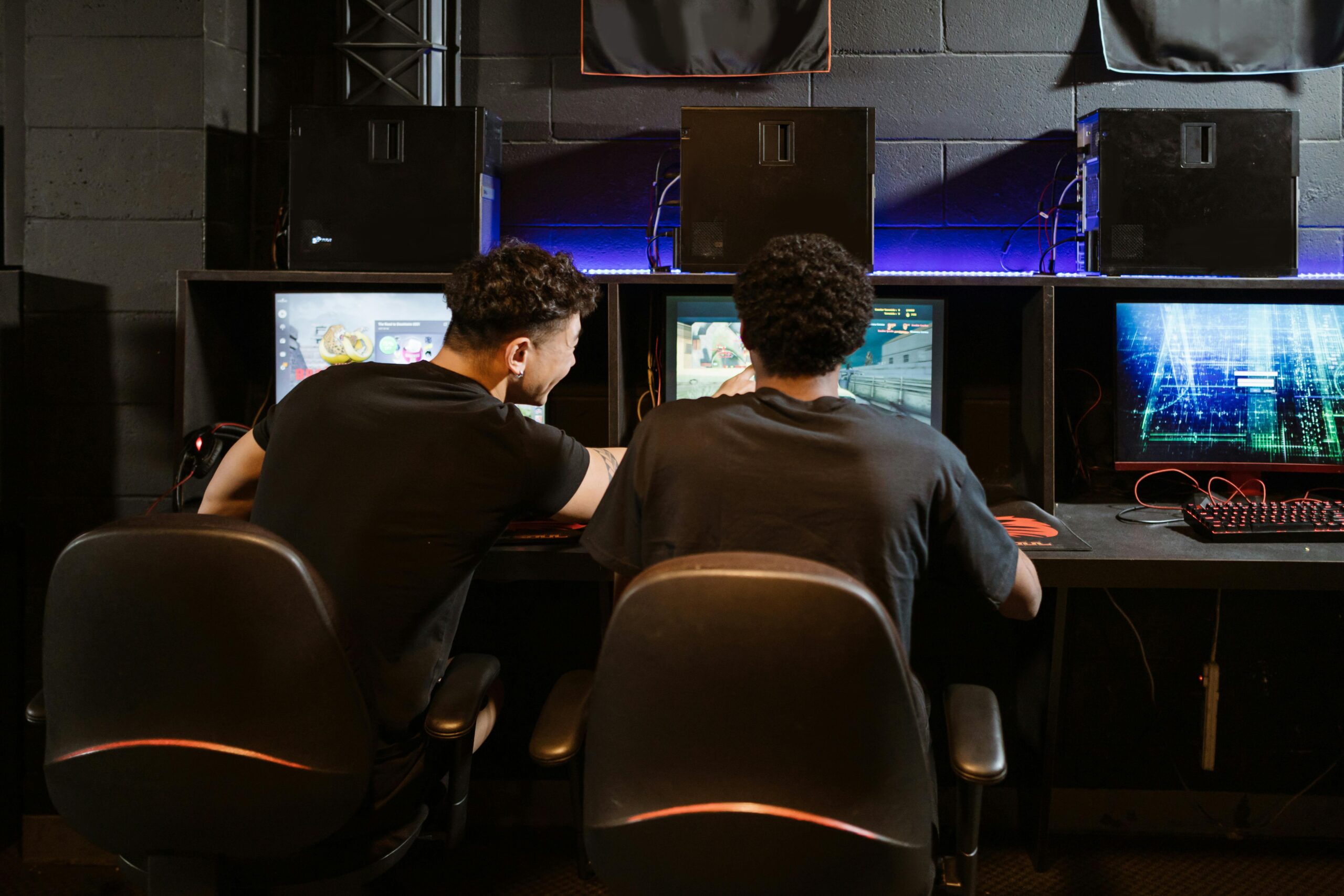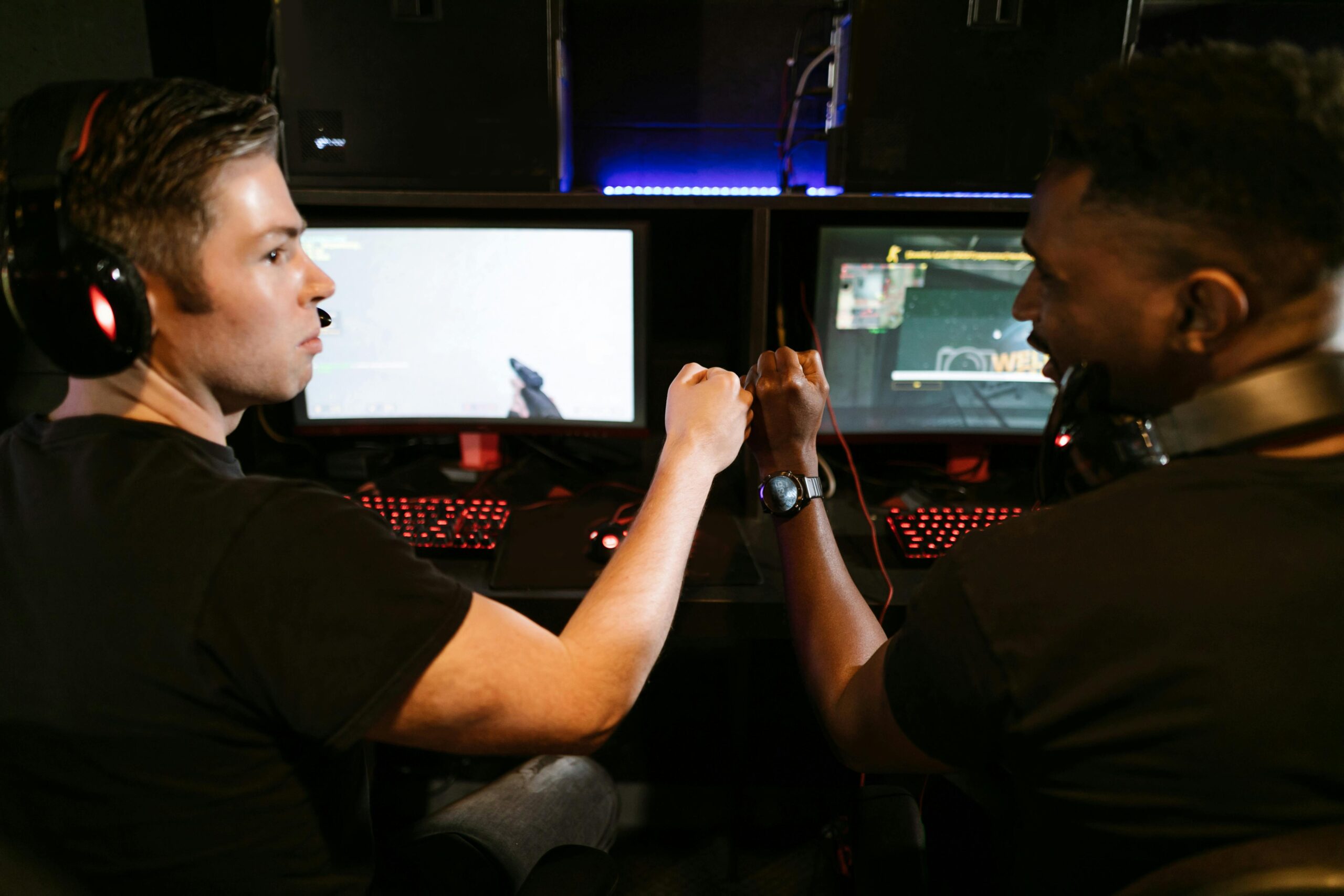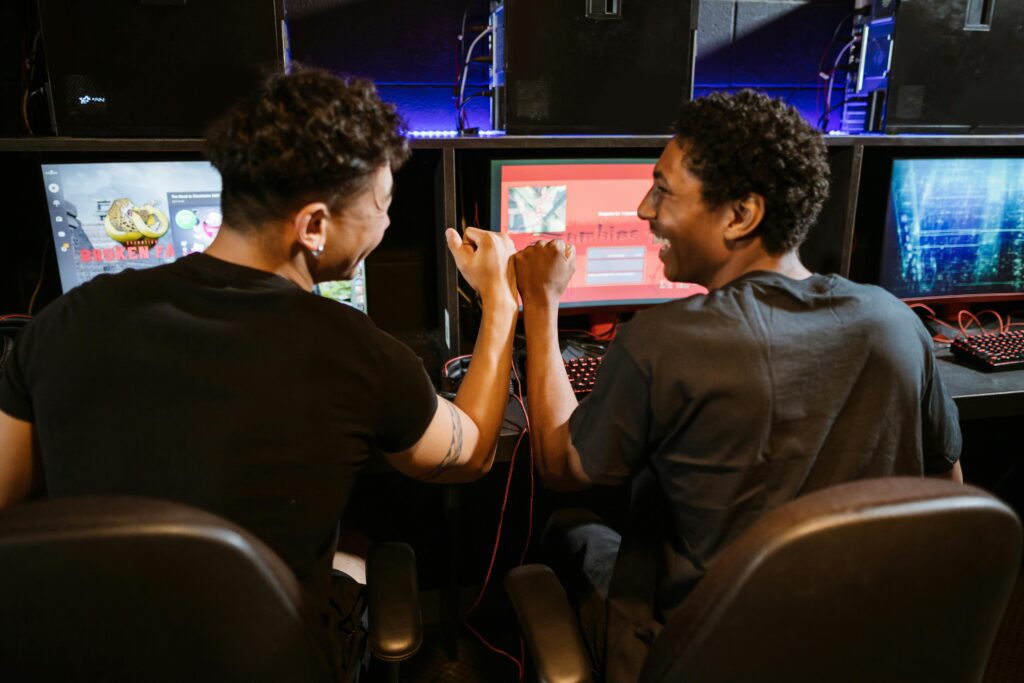In a world where technology bridges distances and connects cultures, online games have emerged as powerful platforms for building global friendships and communities. Far from being solitary experiences, online games allow players to collaborate, compete, and socialize with people from all over the world. These interactions often lead to meaningful relationships, fostering a sense of unity and understanding across borders.
By combining immersive gameplay with social interaction, online games are reshaping how we connect with others, breaking down geographical and cultural barriers in ways that were once unimaginable. This article explores how online games build global friendships and connections and why they’re becoming an essential part of modern socialization.
The Social Nature of Online Games
Online games are inherently social experiences. They bring players together in virtual worlds where collaboration, communication, and shared goals are essential. Here’s how they facilitate connections:
1. Real-Time Interaction
Many online games feature real-time multiplayer modes, allowing players to interact with others through chat, voice communication, and cooperative gameplay. This instant connection fosters teamwork and camaraderie.
- Example: In games like Fortnite and Call of Duty: Warzone, players work together in squads, strategizing and supporting each other to achieve victory.
2. Shared Goals and Achievements
Collaborative games often require players to work together to complete missions, defeat bosses, or build virtual structures. These shared challenges create a sense of accomplishment and bond players as teammates.
- Example: World of Warcraft guilds unite players to tackle complex raids, forging strong friendships through teamwork and dedication.
3. Persistent Communities
Many online games feature persistent worlds and communities where players can return to interact with familiar faces. These virtual spaces become social hubs where friendships grow over time.
- Example: In Animal Crossing: New Horizons, players visit each other’s islands, exchange gifts, and participate in events, strengthening their connections.

Breaking Down Cultural and Geographical Barriers
Online games create opportunities for players from diverse backgrounds to connect, fostering cultural exchange and global understanding.
1. Language as a Bridge
While language barriers can exist, many games include tools like auto-translation or emotes that enable communication across languages. These features encourage collaboration and understanding among players.
- Example: Genshin Impact, a globally popular game, brings players together from different countries, often sparking curiosity about each other’s cultures.
2. Exposure to Diverse Perspectives
Playing with individuals from different parts of the world exposes players to new ideas, traditions, and viewpoints. This cultural exchange builds empathy and broadens horizons.
- Example: In games like Minecraft, players collaborate on creative projects, often incorporating elements of their cultural heritage into shared builds.
3. Shared Passion, Diverse Backgrounds
Games unite people with a common interest, creating connections that transcend differences in race, religion, or nationality. This shared passion serves as a foundation for lasting friendships.
How Online Games Foster Deep Friendships
While casual in-game interactions are common, many online gaming relationships evolve into deep and meaningful friendships. Here’s how:
1. Regular Interaction
Frequent interactions in games create a rhythm of communication that strengthens bonds. Whether it’s coordinating strategies or simply chatting during downtime, these moments build trust and familiarity.
2. Collaboration and Trust
Games often require players to rely on each other to succeed. This reliance fosters trust, a key component of any strong relationship.
- Example: In League of Legends, players must coordinate their roles and work together, creating a sense of mutual dependence and respect.
3. Shared Experiences
The highs and lows of gaming—like celebrating a hard-fought victory or lamenting a close loss—create shared memories that deepen connections.
4. Extending Beyond the Game
Many gaming friendships evolve beyond the virtual world. Players often connect on social media, meet in person at gaming conventions, or maintain long-distance friendships through messaging apps.
Online Games and Mental Health Benefits
The connections formed in online games have a positive impact on mental health, providing players with emotional support and a sense of belonging.
1. Combating Loneliness
For individuals who feel isolated, online games offer a way to socialize and build relationships. The sense of community within games helps combat loneliness and fosters belonging.
2. Providing Emotional Support
Many gaming communities act as support networks where players share their challenges and offer encouragement.
- Example: In games like Final Fantasy XIV, players often form tight-knit groups that provide emotional support through in-game and real-life struggles.
3. Encouraging Positive Interactions
The cooperative nature of many games encourages kindness, teamwork, and mutual respect, creating a positive social environment.
The Role of Technology in Building Connections
Advancements in gaming technology play a significant role in enhancing social interactions:
1. Voice and Video Chat
Integrated voice and video chat features make communication more personal, allowing players to hear and see their teammates in real time.
2. Cross-Platform Play
Cross-platform compatibility ensures that players can connect regardless of their device, expanding the reach of gaming communities.
- Example: Games like Rocket League and Minecraft enable players on different platforms to play together seamlessly.
3. Virtual Reality (VR) and Augmented Reality (AR)
VR and AR games provide immersive experiences that make social interactions feel more lifelike, further strengthening connections.
- Example: In VR games like Rec Room, players can interact in 3D spaces, creating a sense of physical presence and deeper engagement.

Challenges in Building Connections Through Online Games
While online games foster global friendships, they are not without challenges:
1. Toxic Behavior
Negative interactions, such as harassment or trolling, can hinder the positive aspects of gaming communities. Developers must work to create safe and inclusive spaces for players.
2. Language Barriers
Although many games offer translation tools, communication can still be challenging for players who don’t share a common language.
3. Balancing Virtual and Real-Life Relationships
Spending excessive time in online games can strain real-life relationships. Maintaining a healthy balance is essential for overall well-being.
Conclusion
Online games are far more than just entertainment—they’re platforms for building global friendships and connections. By fostering teamwork, breaking down cultural barriers, and creating shared experiences, these games bring people together in meaningful ways.
In an increasingly connected world, online games offer a glimpse into the potential for technology to unite us. Whether through cooperative quests in World of Warcraft, creative collaborations in Minecraft, or strategizing in Fortnite, players continue to demonstrate that friendships formed in virtual worlds can be just as genuine and impactful as those in real life.



